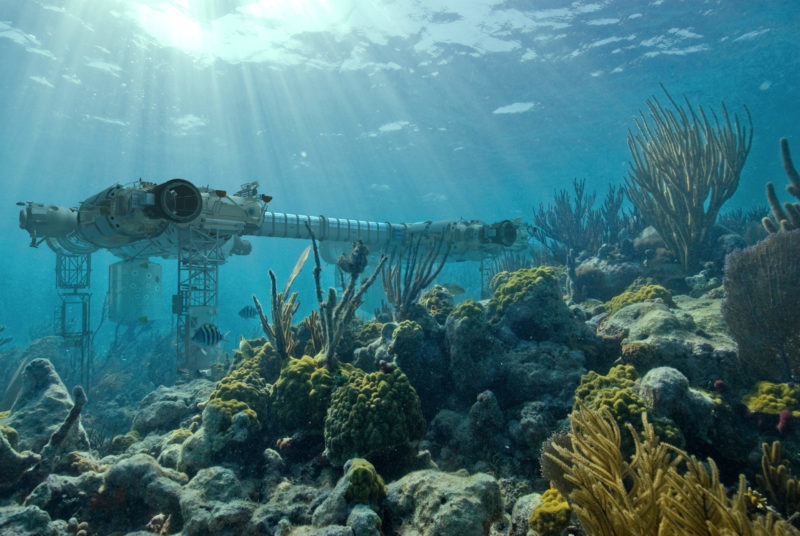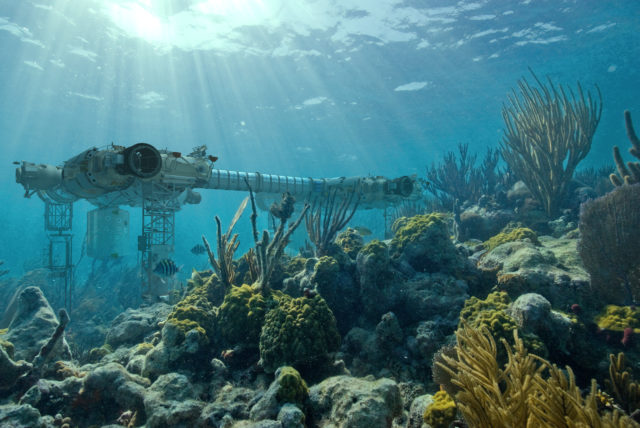Universities from the UK and the US have partnered to understand and minimise the impact of clean energy technology and electric vehicles on the environment.
Top experts from UK National Oceanography Centre, Natural History Museum (London), University of Gothenburg, University of Leeds, Heriot-Watt University — the Lyell Centre, Florida State University, University of Hawaii, Japan Agency for Marine-Earth Science and Technology, and Texas A&M are partnering with battery metals start-up DeepGreen.
DeepGreen is investing $60 million towards the initiative.
Related articles:
ENGIE joins Mining3 to decarbonise industry
Energy efficiency could make or break utility climate commitments
Up to 77% of Brits taking a vacation will use pollution-generating cars
COVID-19 shifts Earth Overshoot Day 2020 by more than 3 weeks
The research institutions want to understand and minimise impacts of collecting minerals for electric vehicles and clean energy from the deep sea.
The project aims to address outstanding questions on the potential environmental impacts of collecting polymetallic nodules from the deep seabed (the Clarion Clipperton Zone or CCZ) in the Pacific Ocean.
One of the primary concerns that researchers will address is the impact of sediment plumes on deep-ocean fauna throughout the water column, and at varying spatial and temporal scales.
The programme will involve over 100 researchers studying the entire water column — from seabed to surface — involving ROVs, nets, sail drones and sophisticated sensors and moorings.
The multi-year programme will include dozens of discrete studies of pelagic and benthic biology, bathymetry and ecosystem function of the CCZ as part of DeepGreen’s environmental and social impact assessment for its proposed polymetallic nodule collection project.
The data collected will enable informed decision-making and regulatory development in advance of the commencement of a new resource industry, which has the potential to provide billions of tonnes of the critical battery metals required for society’s transition to clean energy.
DeepGreen chief ocean scientist, Dr. Greg Stone, said: “This is a collaboration of the best minds in ocean science coming together to answer many important questions about deep-sea ecosystem function and connectivity throughout the water column.
“The programme will enable DeepGreen to put forward a rigorous, peer-reviewed environmental impact statement to the International Seabed Authority, setting a high bar for this new industry.”



